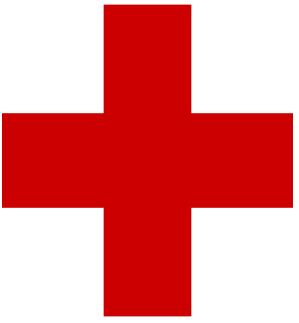Red Cross: Civilians are targets in Colombia conflict
 Geneva - More Colombian civilians continue to flee the armed conflict in their country, the International Committee of the Red Cross said Wednesday, pointing to the emergence of new armed groups.
Geneva - More Colombian civilians continue to flee the armed conflict in their country, the International Committee of the Red Cross said Wednesday, pointing to the emergence of new armed groups.
It is estimated that between 2.8 to 4 million people have been displaced during the decades-long conflict between government forces and armed groups.
The ICRC alone gave food and other aid to 73,000 displaced people in 2008, an increase of 10 per cent over the previous year. About 50 per cent of the people receiving ICRC aid are children.
Aid agencies say delivering humanitarian aid to the newly displaced has become harder since most are individuals who flee after suffering persecution or threats. When people are uprooted in large groups they tend to congregate, making it easier to locate them and coordinate assistance.
Yves Heller, a member of the ICRC, said there was a "disproportional displacement" of Colombians of African origin and indigenous peoples.
He did not believe 2009 would see an improvement in regards to the humanitarian situation.
The international aid agency recorded more than 1,600 violations of international law in 2008, committed by parties to the conflict, including hundreds of summary executions and disappearances. Sexual violence was also used as a tool of war.
Last year, the Colombian military misused the Red Cross emblem while conducting an operation to free hostages, among them Ingrid Betancourt, the French-Colombian politician who was held by the FARC rebel group.
The usage of the emblem was considered a violation of international law.
The ICRC was working with the government "to ensure this does not occur again. The misuse of the Red Cross emblem cannot occur again," Heller said.
At least 10,000 people have disappeared since the conflict began in the late 1960s.
The emerging groups in the south of the country are likely reformations of paramilitary organizations that were partially dismantled in 2002.(dpa)